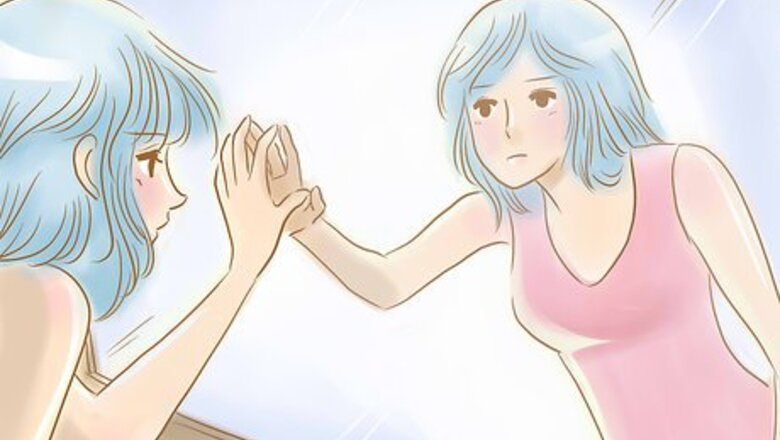
views
Acknowledging a Wrong
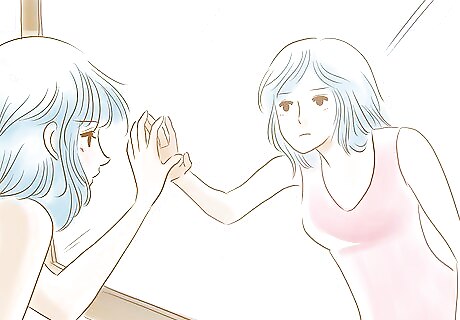
Recognize that you did something wrong. Fight the urge to bury the secret. It takes a stronger person to recognize a mistake than to ignore it.

Think about the immediate and long-term consequences of your actions. Many kids get the instruction, “Think about what you’ve done.” Adults must also take time to see whom they affected, and in some cases it may be multiple people.

Consider timing. If there are future consequences associated with a wrong, then you should try to repair the damage before it gets out of hand. On the other hand, waiting a little while to talk to the person may be the correct thing to do in cases where confrontation may hurt them and cooler heads would prevail.

Think about the reasons you acted as you did and what made you behave in that manner. This is not a hunt for excuses, but rather a way to help you avoid similar behavior in the future.
Taking Responsibility
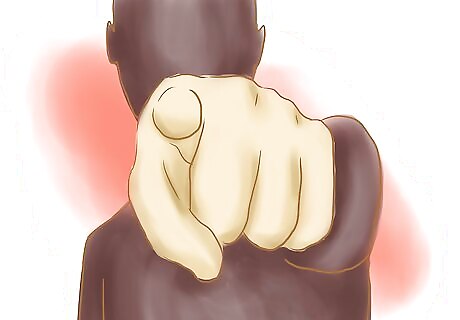
Don’t blame others. It is natural to place the blame on others. However, taking full responsibility may actually be the cleanest and easiest way to right the wrong.
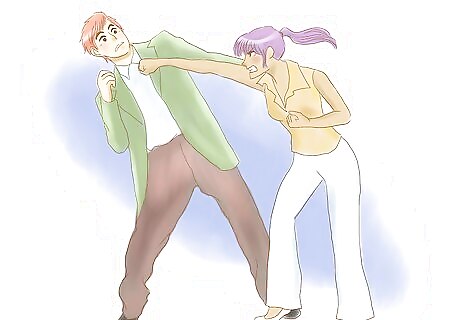
Avoid being defensive or making excuses. Similar to blame, excuses for a wrong can make the victim feel like you are trying to shy away from an apology. Don't try to hold onto your anger, either. Over time, anger can turn into hatred—that's why it's important to nip these feelings in the bud and resolve them.

Apologize for your actions in a straightforward and honest way. Explain to the person that you recognize that it was wrong, and that you are sorry for your behavior. Make your apology even more impactful by practicing empathy. Try to be clear about your own perspective while acknowledging the impact that your actions had on the other person.
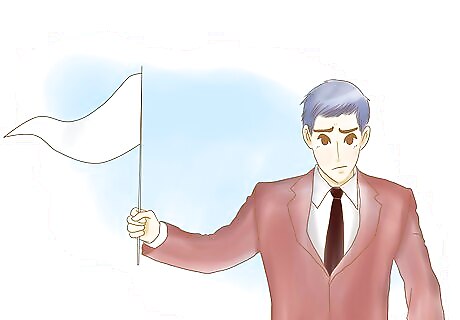
Allow the person to ask you questions. Give them the opportunity to ask why or say something about being hurt. Try to avoid defensiveness, even if their response is emotional. Remember that although you may have been preparing an apology, they may not have been preparing a response. Reacting in an emotional way to a wrong is very normal.

Don’t ask for forgiveness. Just as an apology is yours to give, forgiveness is theirs to control. It should come when and if they are ready to forgive.

Repeat with other wronged parties if necessary. You should aim to apologize to everyone who was directly or possibly even indirectly affected.
Learning From Mistakes

Take some time to think about the interaction. Allow yourself to feel guilt or sadness. The confrontation is likely to also be difficult for you.

Think about what you’ve learned from the experience. Make any behavioral changes that you can to avoid the situation in the future.
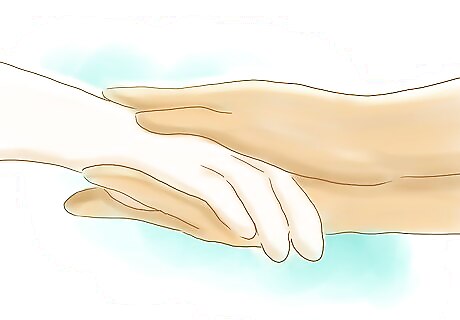
Talk with someone about the process you went through. It may be an emotional time for you. Speaking to a friend or counselor can be helpful.

Move on. Once you have completed these steps, take what you learned and understand that you will be able to approach future situations with more maturity and experience.

Avoid feeling guilt after you have made these amends. Worrying about things that are out of your control is likely to hurt only yourself, after the wronged parties have moved on. Repeat the motto “Nobody is perfect.”




















Comments
0 comment